Late-Medieval Prison Writing and the Politics of Autobiography
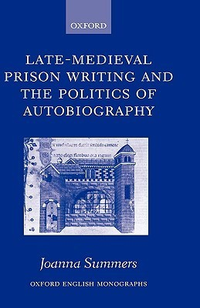
Summary
Boethius' Consolation of Philosophy has long been taken as one of the seminal works of the Middle Ages, yet despite the study of many aspects of the Consolation 's influence, the legacy of the figure of the writer in prison has not been explored. A group of late-medieval authors, Thomas Usk, James I of Scotland, Charles d'Orléans, George Ashby, William Thorpe, Richard Wyche, and Sir Thomas Malory, demonstrate the ways in which the imprisoned writer is presented, both within and outside the Boethian tradition. The presentation of an imprisoned autobiographical identity in each of these authors' texts, and the political motives behind such self-presentation are examined in this study, which also questions whether the texts should be considered to from a genre of early autobiographical prison literature.
Similar Books
-
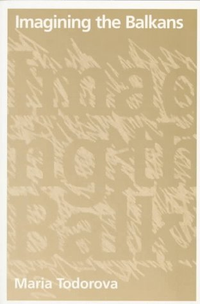 Imagining the Balkans
Imagining the Balkansby Maria N. Todorova
-
 Stendhal: The Red and the Black
Stendhal: The Red and the Blackby Stirling Haig
-
 Rituals of War: The Body and Violence in Mesopotamia
Rituals of War: The Body and Violence in Mesopotamiaby Zainab Bahrani
-
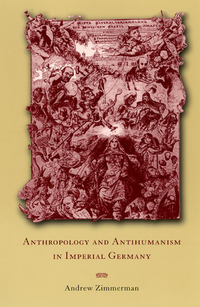 Anthropology and Antihumanism in Imperial Germany
Anthropology and Antihumanism in Imperial Germanyby Andrew Zimmerman
-
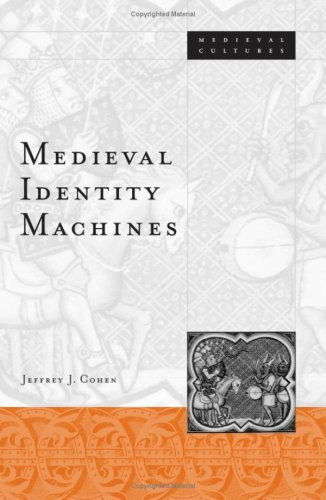 Medieval Identity Machines (Volume 35)
Medieval Identity Machines (Volume 35)by Jeffrey Jerome Cohen
-
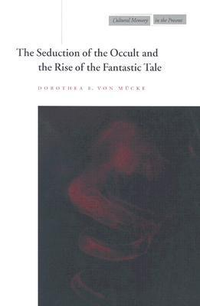 The Seduction of the Occult and the Rise of the Fantastic Tale
The Seduction of the Occult and the Rise of the Fantastic Taleby Dorothea E. Von Mucke
-

-
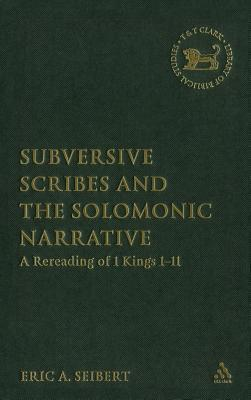 Subversive Scribes and the Solomonic Narrative: A Rereading of 1 Kings 1-11
Subversive Scribes and the Solomonic Narrative: A Rereading of 1 Kings 1-11by Eric A. Seibert
-
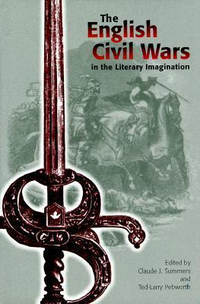 The English Civil Wars in the Literary Imagination
The English Civil Wars in the Literary Imaginationby Claude Summers
-
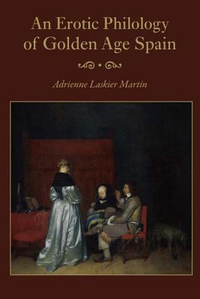 An Erotic Philology of Golden Age Spain
An Erotic Philology of Golden Age Spainby Adrienne Laskier Martin